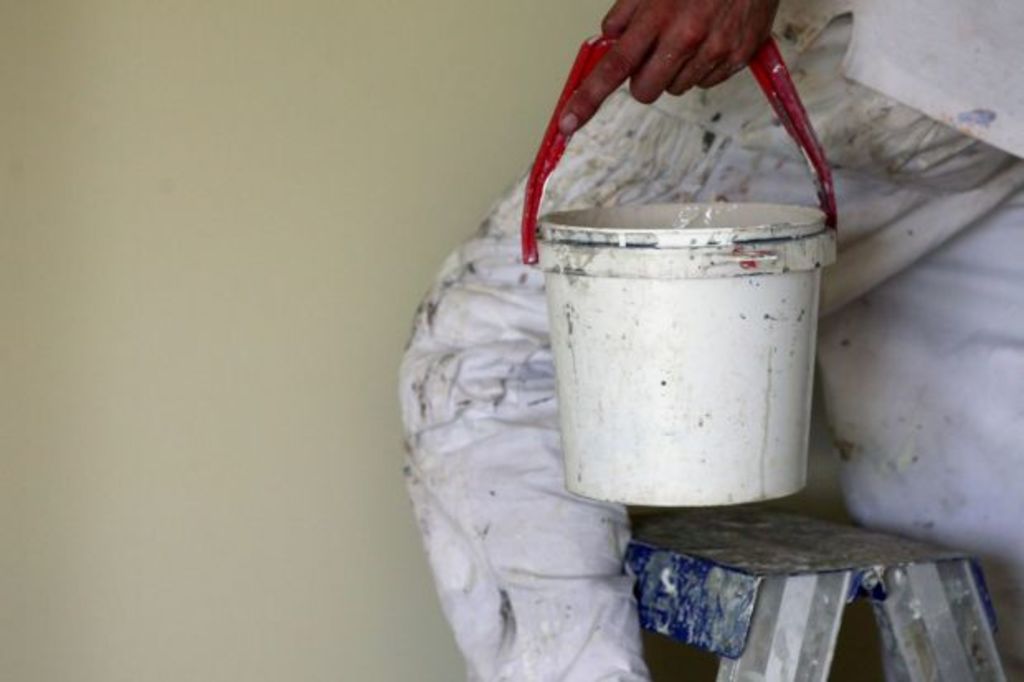Think your tradie's bad? Maybe you're the problem

Tradies – stuck with a stereotype of rocking up late, charging through the nose, and then leaving a mess – are used to getting a bad rap.
An explosion of online review sites and forums has made it easier than ever for disgruntled customers to vent their frustrations.
But what if you’re a decent tradesperson who’s simply trying to run a professional business and turn a profit?
“None of you have a clue, not a single clue about trade life,” rants an anonymous tradie via online forum Whirlpool.
“Baking a cake might take an hour every single time. We don’t know what we’re showing up to – it could take five minutes, it could take three hours. Yet you all want us there five minutes ago, gone in 10 minutes and barely charged for the privilege?”
Others write of homeowners that fail to show up, forget to mention parking restrictions, don’t pay or forget that an hourly fee must cover everything from superannuation to insurance.
So, to turn the tables, what can you do to avoid becoming a tradie’s nightmare?
“I suppose if you start with the ideal customer … the way I define it as someone who knows what they want and someone who pays for it,” says Matt Reynolds, owner of XRM Plumbing.
His firm mostly works with real estate agents and landlords on breakdowns and maintenance.
“We’re dealing with people who get surprises and haven’t budgeted to fork out for them. Unfortunately for them, they kind of default into the worst client in some ways,” he says.
Reynolds says tradespeople can be late and disorganised, but that’s largely down to the nature of the job.
“If the person doesn’t know what they want or changes their mind along the way, it makes it difficult from a cost point of view or a scheduling point of view,” he says.
“A line that every tradesman hates is ‘well, you’re here’.”
He says late payers are an issue, but one that can be avoided by putting processes in place to make customers pay upfront.
“Anyone that turns up out of the blue, we follow that process now – just because we’ve been burnt so many times in the past.”
He believes tradies are generally getting better, but aren’t always perfect.
“We’re trying to sort of inject, if you like, white-collar professionalism into a trade – or a blue-collar industry – and that’s not always easy. It comes with its challenges.”
Laura Madden, of Eve Renovations, says it’s not always easy to start “on the back foot” with new customers.
“You go into these situations and try and change their minds about what the building industry is about.”
For these reasons, Madden says, the business deliberately aims for referral customers – and asks customers to only pass on referrals to those who are likely to be good clients.
She says the worst clients don’t want to pay, and complain about almost everything.
“You have to give people the time to be able to finish their job and do it to a good standard before you come in and start asking questions.”
To improve communications, Madden says the tradies at Eve give their customers a progress report at the end of each day, to allay concerns or answer questions.
Madden believes tradespeople rarely “load up” quotes these days, and that everything is more transparent.
She encourages potential clients to get a second quote, but usually won’t discount.
“Some people say ‘can you take some money off the quote?’ I say ‘sure, but I’ll have to take some work off as well’.”
We recommend
We thought you might like
States
Capital Cities
Capital Cities - Rentals
Popular Areas
Allhomes
More







